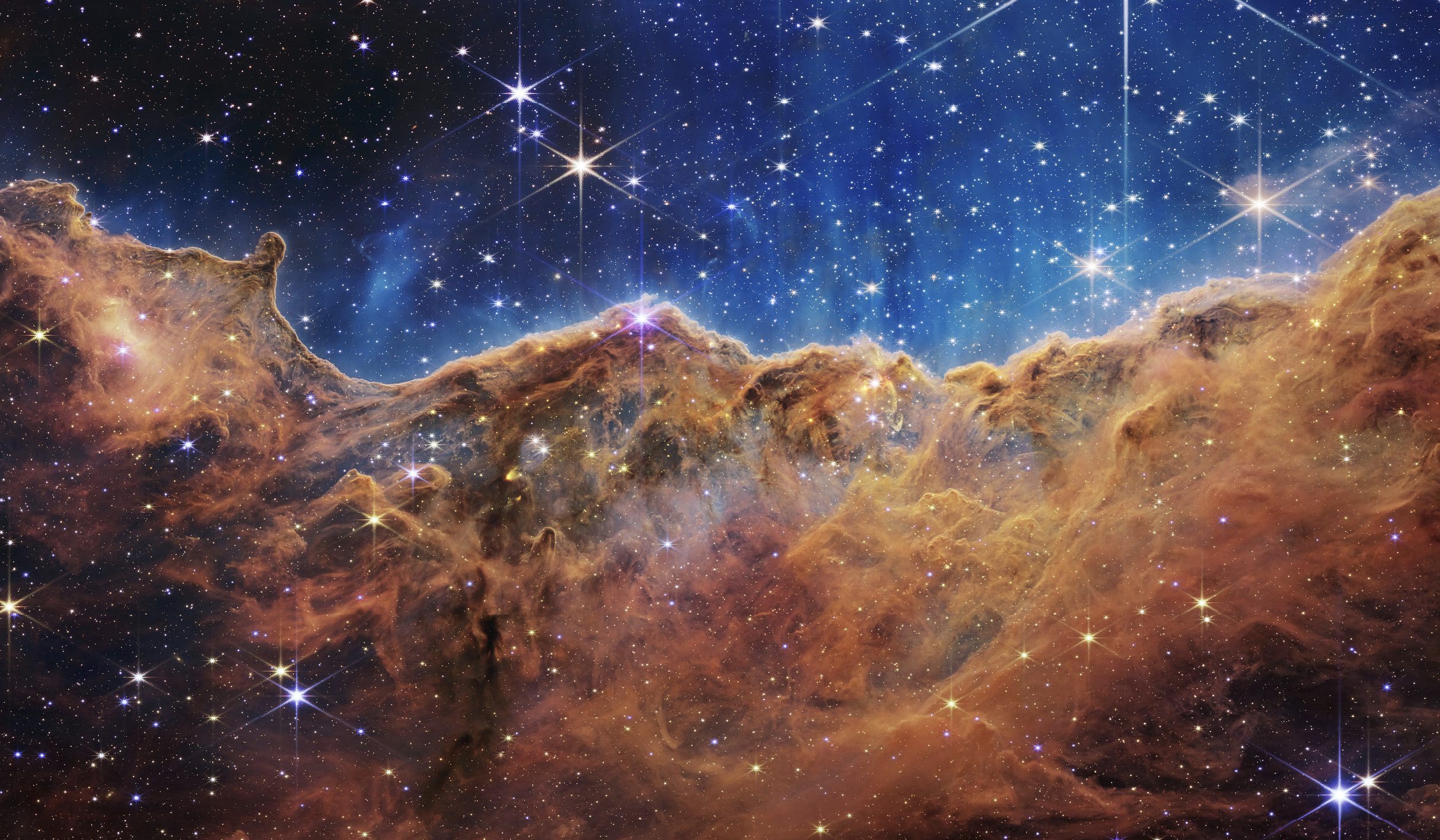It requires a great deal of faith to be an atheist these days, with scientists uncovering unimaginably complex evidence almost daily of a nature finely tuned to produce life. From the structure of the cosmos to new revelations about DNA, modern science leaves little room for anything but the view of creation as a product of divine intelligence.
Those who follow these reflections know that with some regularity I write about how the science of archeology is almost daily revealing the historical accuracy of Scripture. But, I have come to find the rest of science is in on the gig as well, demonstrating how nature itself points undeniably to the reality of God.
First, though, consider poor Charles Darwin. His theories and those of his followers were based only on what they could see – and it was often an unbelievable mess. He himself described it as “absurd” that the eye could have resulted simply from evolution.
Knowledge of the importance of deoxyribonucleic acid (DNA) was nearly a century in the future. A single strand of human DNA can hold 215 million gigabytes (or, 215 petabytes) of information. In comparison, all the data in the Library of Congress amounts to just 15 terabytes of data. What do those numbers mean? One strand of DNA contains more than 16,000 times the data of the Library of Congress.
As it turns out, Psalm 139 wasn’t just poetry: “For you formed my inward parts; you knitted me together in my mother’s womb. I praise you, for I am fearfully and wonderfully made.” [Emphasis mine.]
For evolution to make sense, one must also assume the individual sub-components of the world’s most advanced supercomputer could be set in a box, shaken, and emerge not only fully operational but able to produce all of your favorite music and books. Good luck!
But, at least Darwin had the humility to admit his own theory – which in the last century has been elevated to a religion – didn’t mesh with the complexity even he could see in nature. The complexity he couldn’t see would have driven him mad.
Darwin’s successors are endlessly rewriting evolution, and often simply dismissing inconvenient facts with a wave of their neoprene-gloved hands. They have an irrational faith that, someday, science will validate their disbelief in a creator. They are destined to wait unhappily for eternity.
No matter how hard they try to sand the corners, the square peg of their theory for life doesn’t fit in the God-rounded hole of reality.
Biology is bad for those who reject God, but cosmology is worse.
At one point, the God-deniers clung to the view that the Bible was wrong because the universe had always existed. That was the indisputable “#science” position for centuries. But, as our ability to view the universe went from looking through crude telescopes to parsing through data derived out of the far reaches of the electromagnetic spectrum, that idea collapsed.
To keep God out, cosmologists now retreat into obscure (and unprovable in the real world) realms of mathematical models to describe multiverses in a vain attempt to explain the complexity of existence. Some go so far as to seriously suggest we are but simulations in a Matrix-like computer game created by some other randomly created being in a universe we cannot see… all to avoid God.
Talk about faith!
The words of Psalm 19 are found to be more true every day: “The heavens declare the glory of God, and the sky above proclaims his handiwork.”
From the operations of subatomic particles to the location of the Earth in the Milky Way galaxy, every single detail of the universe had to be just right, or we simply could not exist. If any of this interests you as much as it does me, I encourage you to check out the work of Stephen Meyer at the Discovery Institute.
What we do know absolutely is that this universe had a definite beginning. From that beginning, this universe has been finely tuned not only to produce us, but for us to be able to discover the wonders of creation.
God spoke, and the universe sprang into being. His living words are literally encoded within us, and etched in the stars. Heaven and earth are full of His glory!





